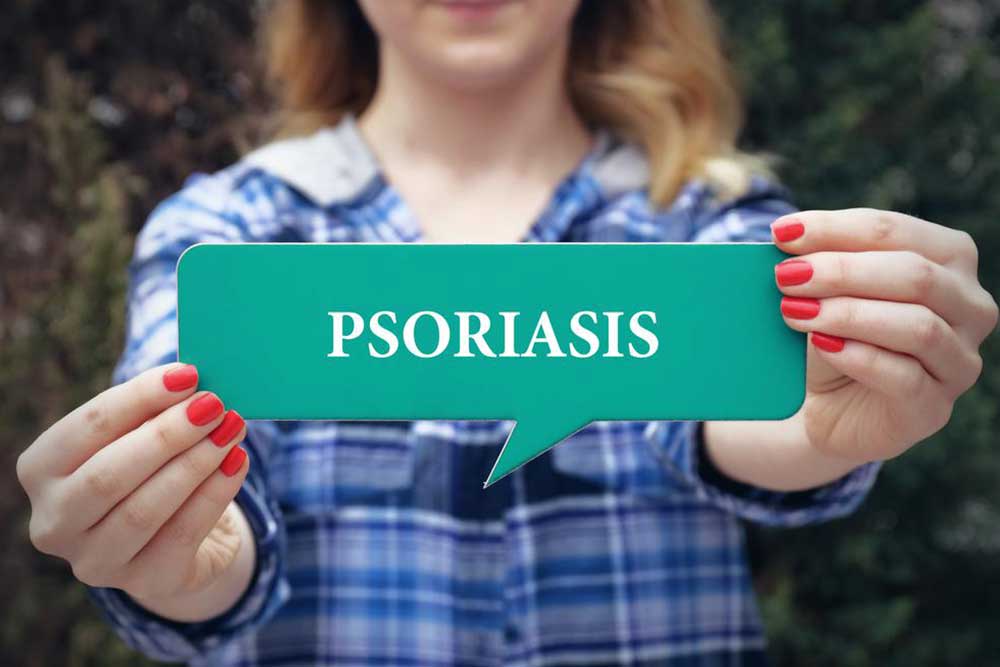Comprehensive Guide to Psoriasis: Causes, Symptoms, and Effective Management Strategies
This comprehensive article explores psoriasis, focusing on its causes, symptoms, and holistic management strategies. Learn how lifestyle changes, dietary adjustments, and medical treatments can help control this autoimmune skin condition, improving patients' quality of life. Perfect for anyone seeking in-depth understanding and effective care tips for psoriasis.

Comprehensive Guide to Psoriasis: Causes, Symptoms, and Effective Management Strategies
Psoriasis is a long-term autoimmune skin disorder that affects millions of people worldwide. Characterized by the rapid buildup of skin cells, this chronic condition leads to the formation of thick, inflamed patches covered with silvery scales. Understanding the nuances of psoriasis—its causes, symptoms, triggers, and management options—is crucial for those affected and for healthcare providers aiming to offer effective treatment plans.
Understanding the Pathophysiology of Psoriasis
At its core, psoriasis is an immune-mediated condition where the immune system mistakenly targets healthy skin cells. T-cells, a key component of the immune system, become overactive and generate inflammatory signals. This inflammatory response accelerates skin cell production from the usual 28 days to just 3-4 days, causing the accumulation of dead skin cells that form plaques. Although the exact cause remains unknown, genetic predisposition combined with environmental factors plays a significant role in disease development.
Recognizing Common Symptoms and Types of Psoriasis
Psoriasis manifests differently depending on its type, but some symptoms are common across forms:
- Red, raised patches of skin that are often covered with silvery or whitescales
- Dry, cracked, and sometimes bleeding skin
- Persistent itching, burning, or soreness
- Swelling and stiffness in the joints (psoriatic arthritis)
- Thickened or discolored nails, and areas of scalp irritation
The most prevalent form is plaque psoriasis, but others include guttate, inverse, pustular, and erythrodermic psoriasis, each with distinctive features and affected areas.
Triggers and Risk Factors Associated with Psoriasis
Several factors can trigger or worsen psoriasis outbreaks. Common triggers include stress, skin injuries, infections such as strep throat, cold weather, and certain medications like beta-blockers and lithium. Lifestyle choices also impact disease severity—smoking, excessive alcohol consumption, and obesity are linked to increased risk and more severe symptoms. Understanding these triggers allows individuals to manage their exposure and reduce flare-ups effectively.
Holistic Approaches and Lifestyle Modifications for Managing Psoriasis
Managing psoriasis effectively involves a combination of medical treatment and lifestyle adjustments. Patients are encouraged to adopt practices that promote skin health and reduce inflammation:
- Maintain hydrating, gentle skincare routines with non-irritating, fragrance-free moisturizers suitable for sensitive skin. Regular moisturizing helps prevent dry cracks and reduces scaling.
- Incorporate a balanced diet rich in omega-3 fatty acids, such as those found in fish, flaxseeds, and walnuts, which have anti-inflammatory properties. Avoid processed foods and excessive red meats, which may exacerbate inflammation.
- Engage in stress-reducing activities like yoga, meditation, or regular gentle exercise, since stress is a known trigger.
- Take warm baths using soothing additives such as Epsom salts or colloidal oatmeal to alleviate itching and soften scales.
- Limit alcohol consumption and avoid smoking, both of which can impair immune function and trigger flare-ups.
- Protect skin from injuries, cuts, and sunburns, as these can initiate or worsen psoriasis plaques.
- Practice good hygiene and avoid harsh skin products or artificial fragrances that can irritate sensitive skin.
- Natural remedies like turmeric, known for its anti-inflammatory properties, may be incorporated into the diet or topical applications after consulting healthcare providers. Managing stress, maintaining a healthy weight, and avoiding known triggers are fundamental strategies in controlling disease progression.
Medical Treatments and Supplemental Therapies
In addition to lifestyle changes, medical treatments are often necessary to control moderate to severe psoriasis. These include topical therapies such as corticosteroids, vitamin D analogs, and coal tar preparations. Phototherapy, which uses controlled ultraviolet light exposure, can be effective for widespread disease. Systemic medications like biologics and immunosuppressants are reserved for advanced cases and require careful medical supervision.
- Supplementation with vitamin D can support skin health and immune regulation.
- Omega-3 supplements may help reduce inflammation when dietary intake is insufficient.
- Herbal options like aloe vera and milk thistle also offer soothing and anti-inflammatory benefits, but consultation with a healthcare provider is essential before initiation.
Understanding psoriasis, its triggers, and management options empower patients to take control of their condition. While it remains a complex autoimmune disorder without a complete cure, many individuals achieve significant symptom relief through tailored treatment plans. Ongoing research continues to uncover more effective therapies, promising hope for the future. Begin with proper skincare, lifestyle modifications, and medical guidance to manage psoriasis successfully and improve quality of life.





